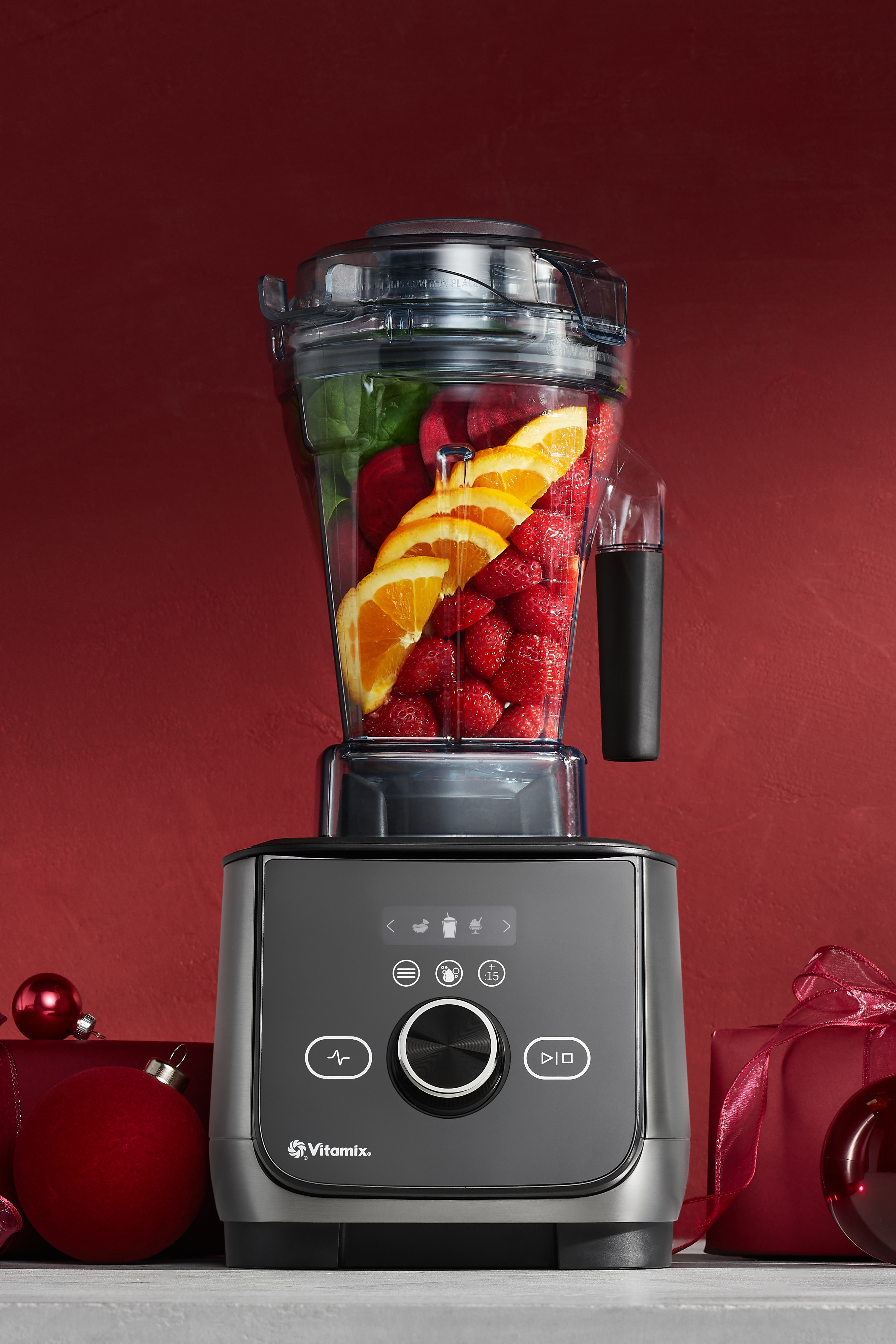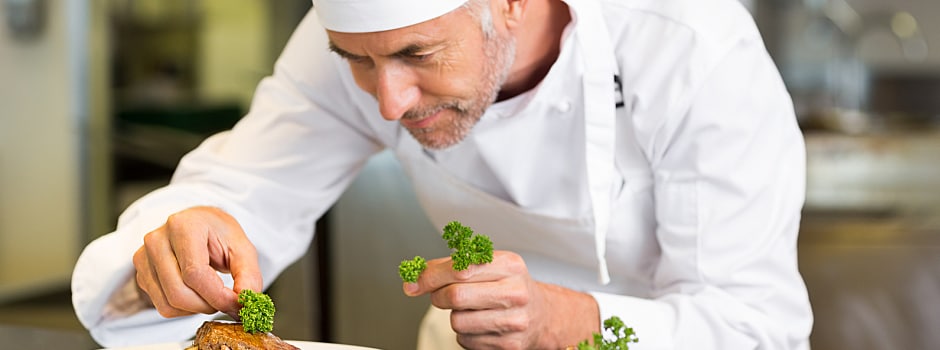Being a chef isn't as straightforward as it sounds. Sure, the basics are the same, but there are many nuances to consider when deciding which chef job is right for you. For instance, do you desire to work in a large kitchen surrounded by a bunch of cooks or do you prefer a more intimate setting where the head chef is very involved? And do you enjoy fine dining or a more casual environment? All of these are important questions that will help you determine which kitchen is the right fit for you as a chef. Aaron Cuschieri, executive chef at the new Chicago restaurant The Dearborn, has worked in many kitchens and with a number of cuisines. Here are some of his tips for finding the right kitchen for you.
Find the Perfect Kitchen
Cuschieri knew he wanted to enter the fine dining world as soon as he graduated culinary school. He spent time in the kitchens at Alinea, a world-renowned restaurant, and the now-closed upscale Takashi restaurant in Chicago. Eventually, Chef Takashi asked him to open a new, casual concept called Slurping Turtle. The restaurant was supposed to be a ramen bar, which was a cuisine well outside of fine dining that Cuschieri had no experience with. "It wasn't what I had my goals set on, but it opened my eyes to a whole new word, and I fell in love with what a casual restaurant is all about—the soul of cooking," he says.
Follow Advice from the Pros
For Cuschieri, finding his ultimate kitchen was a journey, and it took a number of different experiences in various jobs to mold his current position. He offered four main points of advice to anyone who is evaluating which chef job to consider next:
- Love the food you're cooking. "There are so many ways to go about this industry, but at the end of the day, it is a craft, and you need to love what you're cooking," says Cuschieri. He explains that you have to want to cook the food every day, and enjoying doing so definitely helps.
- Believe in the culture of the restaurant. According to Cuschieri's experience, believing in the culture of the restaurant is really important. Make sure you have the same vision as your partners or the owners of the restaurant, and that you believe in the brand as a whole. "Sometimes you find a chef that goes to a restaurant for the wrong reason, whether it be money or something else," says Cuschieri. "You need to make sure it speaks through your heart."
- Learn which communication style you prefer. Some chefs may appreciate a less hands-on approach, but for Cuschieri, he appreciated the very hands-on, constant communication Chef Takashi was able to provide in his intimate kitchen setting. In his kitchen now at The Dearborn, Cuschieri designed the space so he could see and make contact with his chefs at all times, allowing for immediate feedback, clear communication channels, and quality control.
- Evaluate the equipment. Cuschieri also stressed the importance of good equipment. "In my new kitchen, I wanted to make sure we bought high-quality equipment from the start," he says. "I've worked in too many kitchens where they were always trying to fix a problem, and I want to operate effectively all the time." Not every restaurant will be able to afford top-of-the-line equipment, but it should be in good working order.
Deciding on a chef job is a very personal decision and may require you to try out various types of kitchens and establishments. Start with Cuschieri's tips and recommendations, and you'll be well on your way down the right career path.



